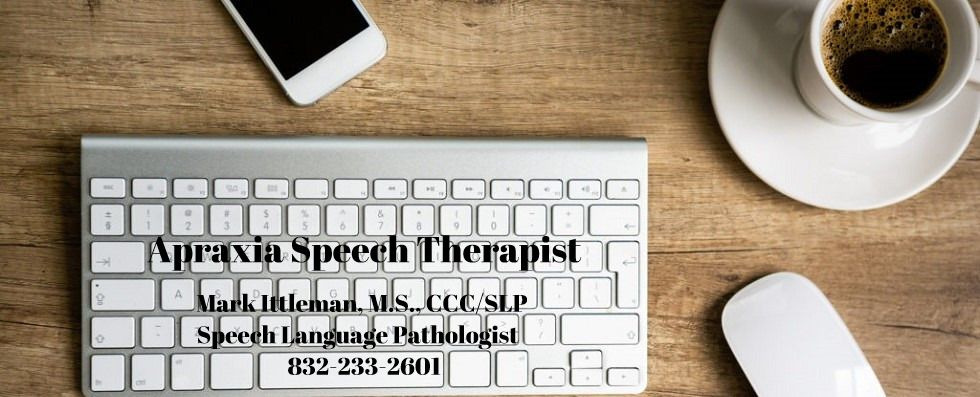 |
| Learn How to Help those with Dysarthria and Aphasia Talk. |
Learn How to Help Those with Dysarthria and Aphasia Talk
One of the secrets of speech therapy for aphasia and dysarthria deals with the concept of modeling. It is the way we talk in the presence of others. Our listeners will often mimic how and what we say. This concept is demonstrated easily by children who automatically learn new expressions and vocabulary from just being around us.
How to Talk to Those with Dysarthria and Aphasia
Therefore we must speak to the person with aphasia or dysarthria at the level where they can easily repeat it without frustration, and there must be minimal error. Caregivers are learning how to model easy speech so that it is easy to learn. If it's too hard which is often the case, there will be little if any success.
Talking with Those with Aphasia and Dysarthria
Many articles have been written about “How to Talk to those with Aphasia,” and few have submitted articles about “How to Talk to Those with Aphasia and Dysarthria to help them Talk Better.”
Start at their Level of Difficulty
Successful caregivers and therapists start at what the person with aphasia or dysarthria can successfully do. If they can mimic 2, 3, or 4 word phrases in the case of a more severe speaking difficulty, that is how you speak with them. You can speak to them in 2,3, or 4 words. If they can repeat what you have said at that level, you then make a commitment to change your speaking and speak to them in 2, 3, or 4 words only.
If you can do that, and do so consistently they will be hearing the model for their new way of speaking around the clock. And, if you require an answer to your questions in 2, 3, or 4 words, they likely will improve speaking over time especilly if you understand what will work for your loved one. Each person with dysarthria and aphasia is different and there is no "magic bullet." That is why you want to work with a therapist whoi truly understands speaking. He or she can help teach you exactly where to start and what to do to get maximum speaking recovery. This holds true with dysarthria also. You constantly model the length and slow speed of the utterance they can imitate all day long.
How to Help Your Loved One With Aphasia or Dysarthria Talk Better
You can learn to help you loved one or client easily talk better as long as they desire a change of speaking, are stimulable and can easily imitate what they hear. One of the reasons why many are not successful is because the caregiver does not know what to do or how to help their loved one at home. So much precious time is wasted when those at home are not trained what to do there. You can learn how many words to help them say, the speed at which to speak with them, and the words and expressions that are fun and useful.
You Can Be Mentored by an Expert with over 40 Years Experience Helping Those With Dysarthria & Aphasia
You can be mentored in real time online to help your loved one talk better, or you can independently learn the Teaching of Talking Method through our home study course that you can access online 24/7. The online course is also completely guaranteed. To find out more go to teachingoftaking.com or please feel free to find out how to contact us at TeachingofTalking.com You can call, e mail, or text me from the information contained there.



